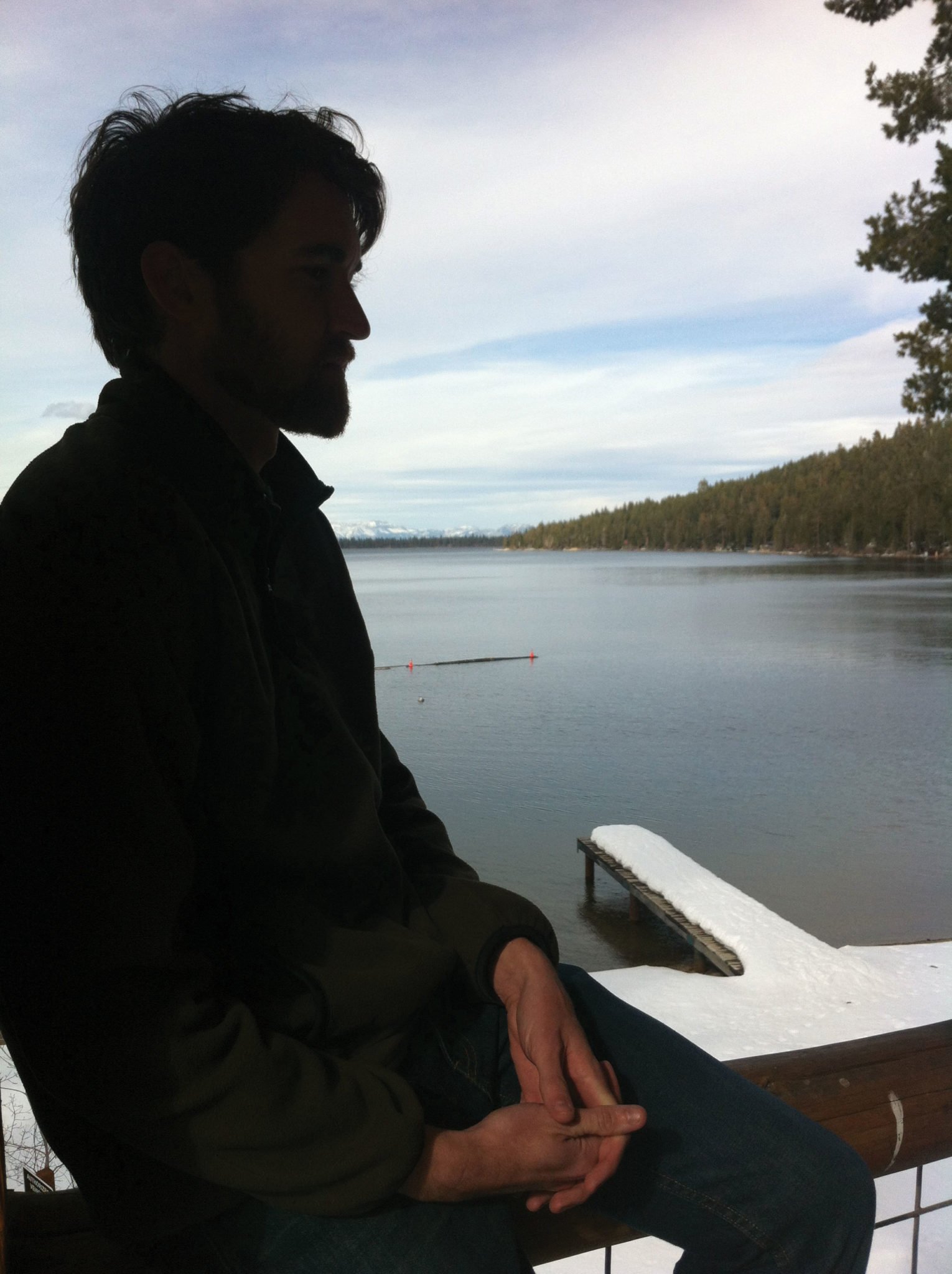
‘Deep Web’ Probes Mastermind Behind Online Black Market
A version of this story ran in the September 2015 issue.
This past May a 31-year-old man raised in the wealthy suburbs of west Austin was sentenced to life in prison without the possibility of parole by a federal judge in New York City. Three months earlier, prosecutors had convinced the court that Ross William Ulbricht was not just a former Eagle Scout and graduate of the University of Texas at Dallas but also Dread Pirate Roberts, the mastermind behind the Silk Road, an online black market that trafficked in all manner of illicit goods, from forged documents to hitmen to drugs. Mainly drugs. Guaranteeing anonymity and thriving in the shadows of what is known as the “Deep Web” (as opposed to the “Surface Web,” where you and I buy shoes and share Donald Trump memes), the Silk Road was, for a short time, both the brave new world of online commerce and the future of digital crime.
Deep Web, the latest documentary from writer/director/actor Alex Winter (aka Bill from Bill and Ted’s Excellent Adventure), follows Ulbricht’s story down the rabbit hole and through the maze of the dark net, an encrypted hidden network of websites offering safe havens and lines of communication for criminals, journalists, extremists, whistleblowers and others for whom anonymity and secrecy are essential. This is the world of Julian Assange and WikiLeaks, of Bitcoin and the cypherpunks, of radical libertarian/crypto-anarchist computer programmers and hackers who see the development and maintenance of an unregulated online world as acts of political defiance.
Ulbricht, who fell in love with the ideas of libertarian philosopher Ludwig von Mises while in graduate school in Pennsylvania, wrote in the years before the advent of the Silk Road that he wanted to “use economic theory as a means to abolish the use of coercion and aggression amongst mankind.”
This is the world of Julian Assange and WikiLeaks, of Bitcoin and the cypherpunks, of radical libertarian/crypto-anarchist computer programmers and hackers.
Federal prosecutors would later point to such thinking as evidence that Ulbricht was in fact Dread Pirate Roberts and that his goal in starting the Silk Road wasn’t just to make money but to create an entire shadow economy outside the boundaries of the law and simple decency: essentially to upend modern capitalism. Supporters, meanwhile, argued that DPR’s marketplace embodied the ideals of true libertarianism, even true Americanism: a community of commerce completely free of government regulation and intrusion.
The deeper that Winter and his narrator, Keanu Reeves, dive into the dark net, the more you start to see the method in the madness. When Deep Web debuted at the South by Southwest film festival earlier this year (right as Ulbricht was preparing to be sentenced), Winter told a reporter that contrary to the reports of the mainstream media, the people he got to know in the Silk Road world weren’t criminals “driven by money; they were driven by ideals.” And no matter how you feel about online black markets or the tenets of radical libertarianism, it’s hard to argue with cypherpunks’ disdain for the corruption of the American drug war, with its private prisons, for-profit drug-testing facilities, and increased militarization of local police forces. To hear Deep Web advocates and Ulbricht defenders tell it, the Silk Road was a reasonable alternative to an ongoing insanity, a marketplace for drugs without all the failed law enforcement strategies and coercion. Without all the violence, madness and government hypocrisy.
The government, obviously, disagreed with this way of thinking and promptly infiltrated and shut down the Silk Road, raising a whole slew of disturbing legal questions — questions Winter dives into with the relish of both the filmmaker and the conspiracy buff: What are the constitutional limits of privacy protection in the Digital Age? What good is the Fourth Amendment if the government can search Americans’ digital property without a warrant? Are the contents of your computer or your phone, nebulous and abstract and conceptual as they are, ever really yours? Or is information simply there to be plucked by the authorities whenever they say they need it to preserve national security?
In other words, Deep Web, which was just released on iTunes and VOD, is about how we’re going to live and be governed in the age of digital information. In a world of secret Internets and inscrutable tech jargon, of profit-driven criminal justice systems, government-corporate collusion, peer-to-peer bankless commerce, wild (or not-so-wild) conspiracy theories, and shadowy online communities providing shelter for terrorists, pedophiles, journalists and digital-liberty activists alike, where are the rest of us supposed to look for something like an answer?


